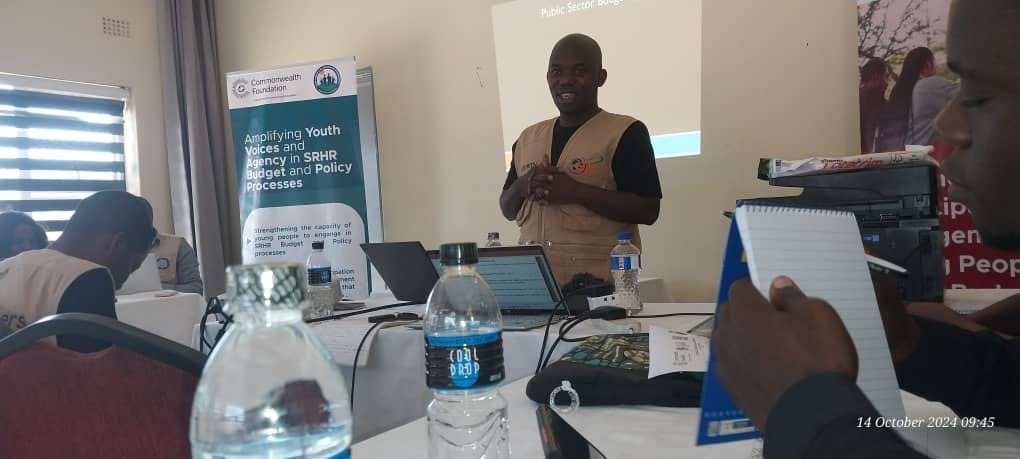Youth Groups Train Malawian Activists to Monitor Health Budget and SRHR Policies
This initiative represents a significant step towards empowering Malawian youth to actively participate in health policy and budget processes.
DOWA, Malawi— In a bid to enhance youth participation in health policy and budget processes, local organizations have launched a training initiative to equip young people with skills to monitor the allocation and implementation of funds within Malawi's health budget, writes Martha Nakhate Phonera.
The focus is particularly on Sexual and Reproductive Health Rights (SRHR).
Youth Initiative for Community Development (YICOD), in partnership with Phalombe Arms and All for Youths, conducted a two-day training workshop in Dowa from October 14-15, 2024.
The event is part of their one-year project titled "Amplifying Youth Voices and Agency in Sexual Reproductive Health Rights Budget and Policy Processes."
Andrew Bwanali, Executive Director of YICOD, emphasized the timeliness of the initiative, noting that Parliament will be meeting for budget consultations next month.
"This training will enhance the skills and capacities of these youth leaders on information and tools to get information in terms of budget allocation and delivery in their councils. This will help in making sure their voices are heard," Bwanali stated.
The organizations are focusing on training youths from existing clubs and youth networks to ensure the project's sustainability.
The aim is for these trained individuals to pass on their skills to their peers, creating a ripple effect of knowledge and engagement.
Violet Zulu, a youth leader from Y+ Plus Malawi, highlighted the importance of capacity building.
She noted that the skills gained would prevent youths from being misled, as they now have access to accurate information.
Zulu added that the workshop had opened her eyes to the work needed to ensure Malawians receive the best services by holding authorities accountable for the use of taxpayers' money.
Climate Change youth activist Jane Mzunda urged young people to act as watchdogs to ensure funds are used for their intended purposes.
"We are the future leaders of Malawi," Mzunda said, emphasizing the importance of youth involvement in these processes.
The training also serves as an opportunity for participants to identify gaps in sexual and reproductive health rights.
This information can be used as evidence when advocating for budget allocations in future financial years.
This initiative represents a significant step towards empowering Malawian youth to actively participate in health policy and budget processes.
By providing them with the necessary skills and knowledge, these organizations aim to create a generation of informed and engaged citizens who can effectively advocate for their rights and hold authorities accountable.
As Malawi moves towards its next budget cycle, the impact of this training may soon be seen in the level and quality of youth participation in national health policy discussions, potentially leading to more youth-focused and responsive health policies and budgets.




